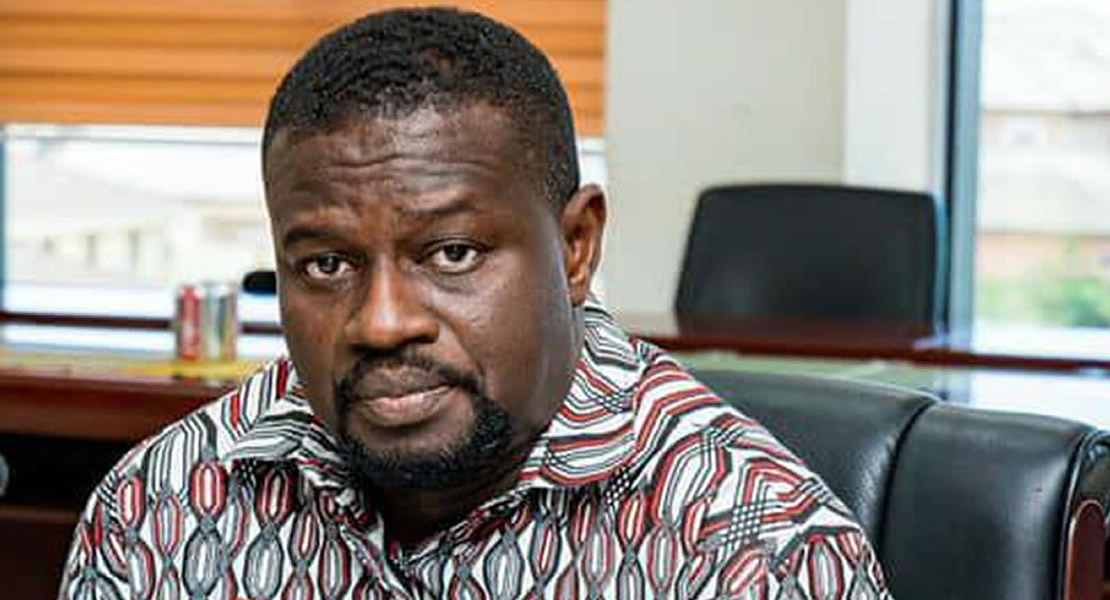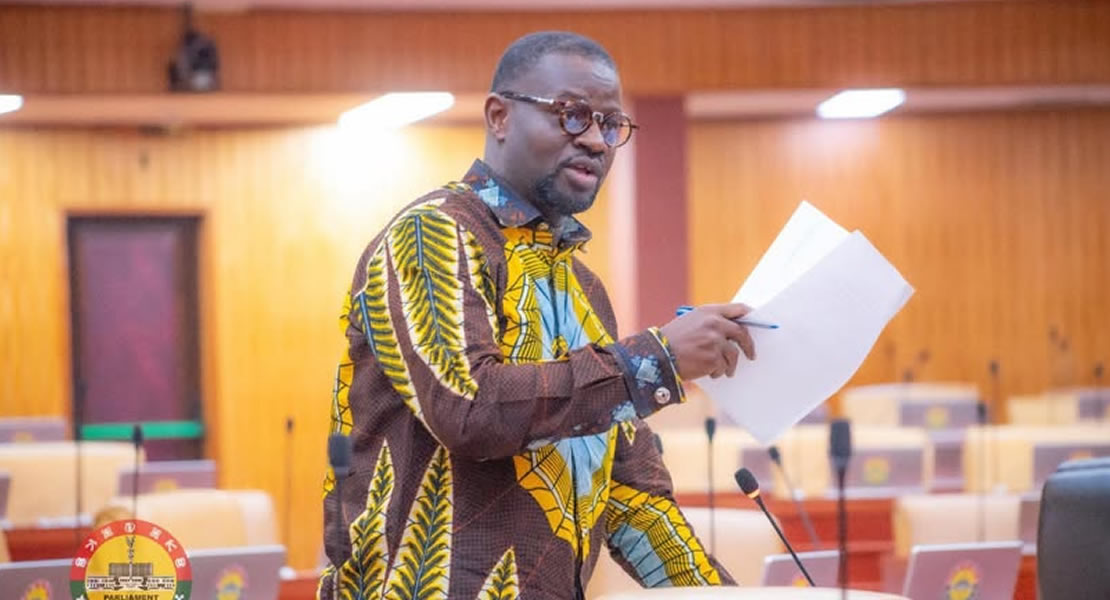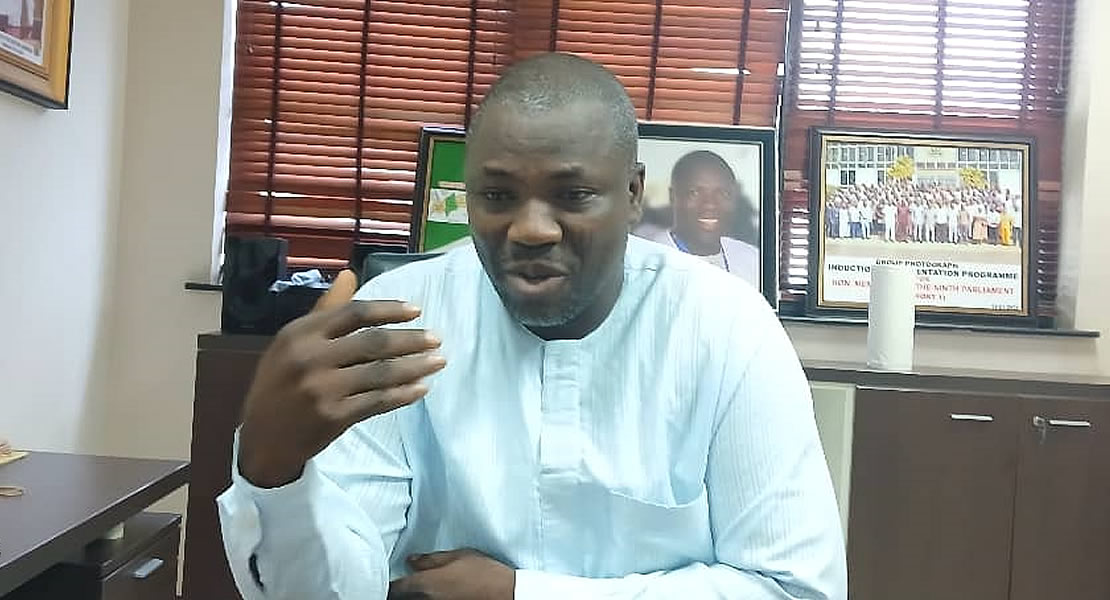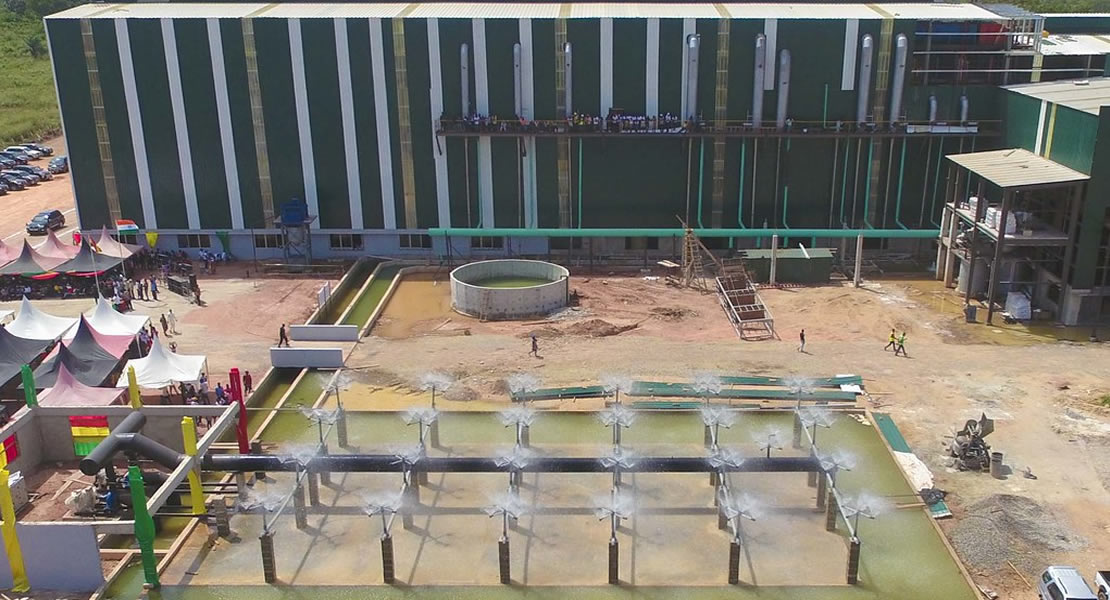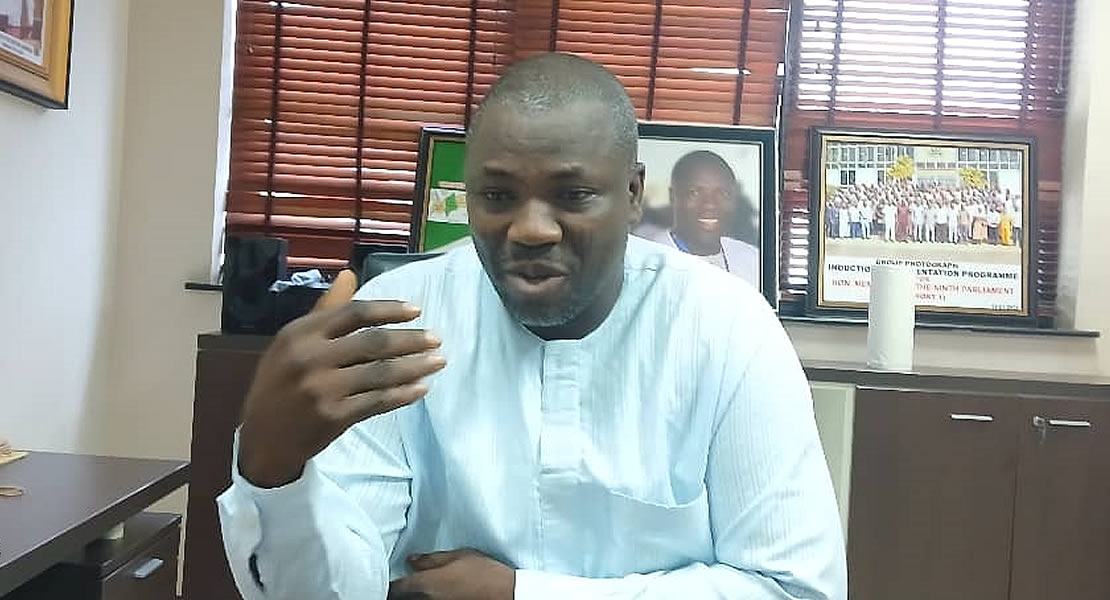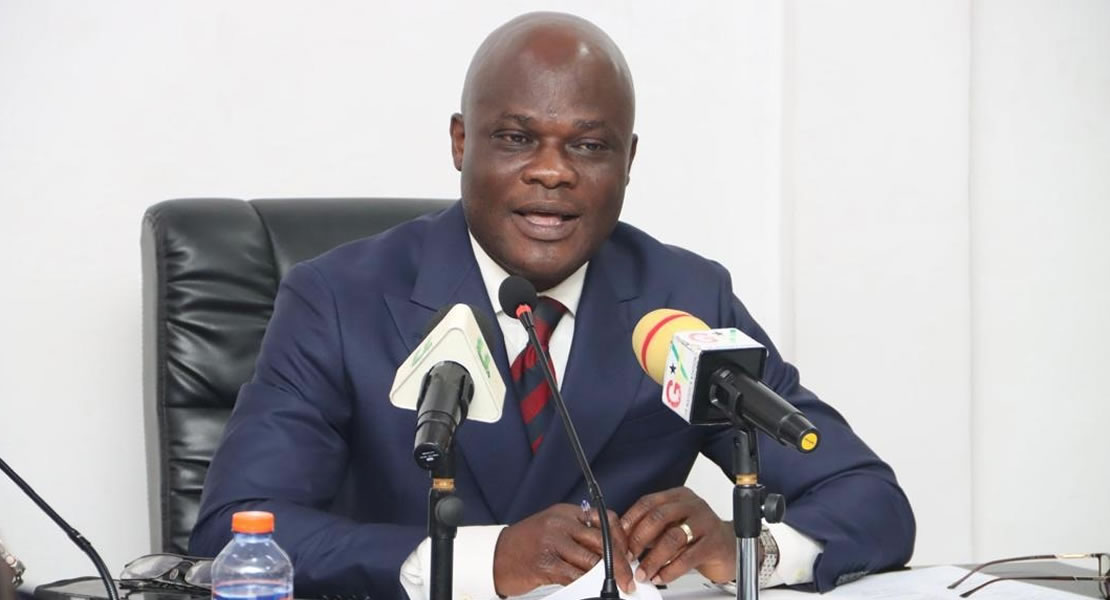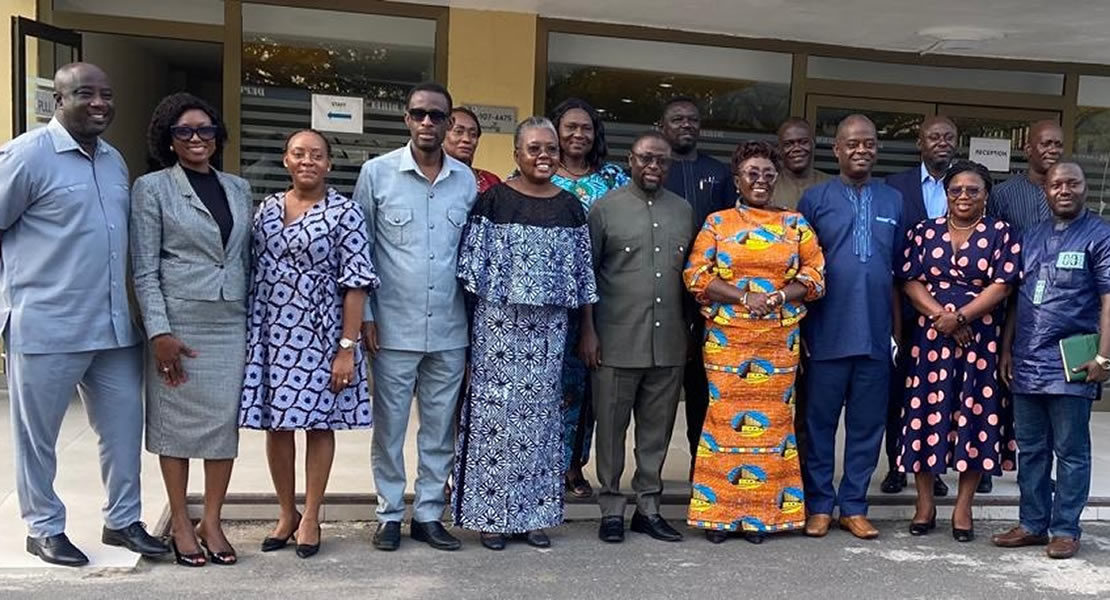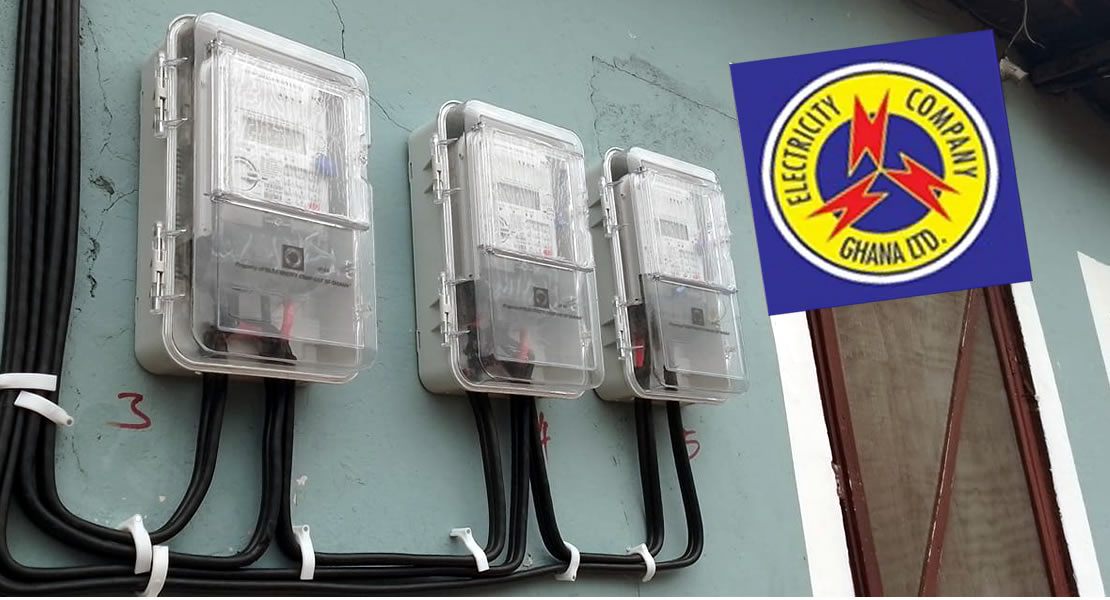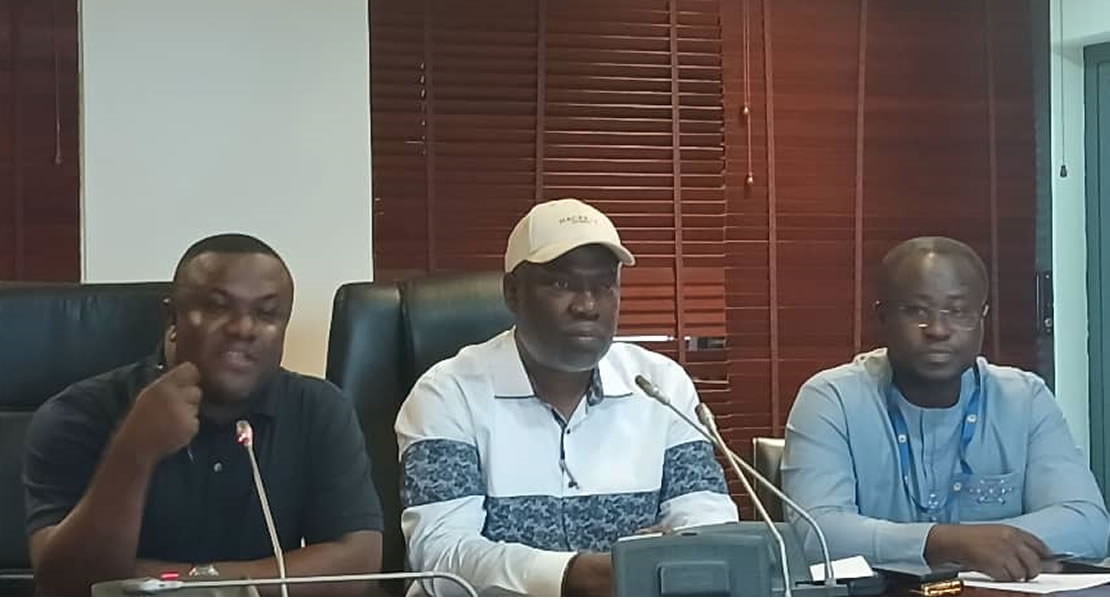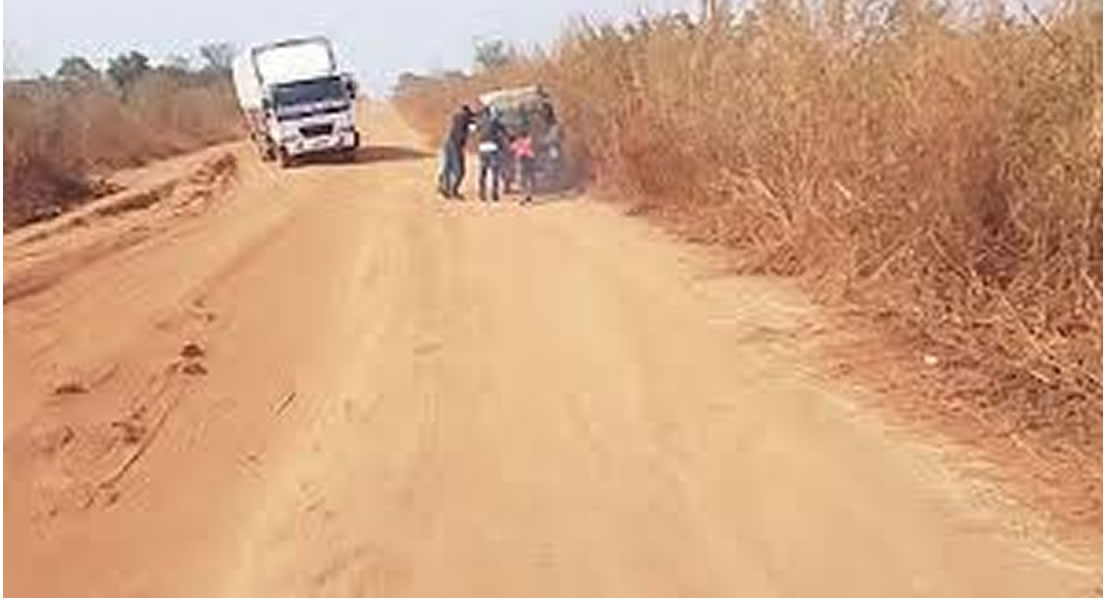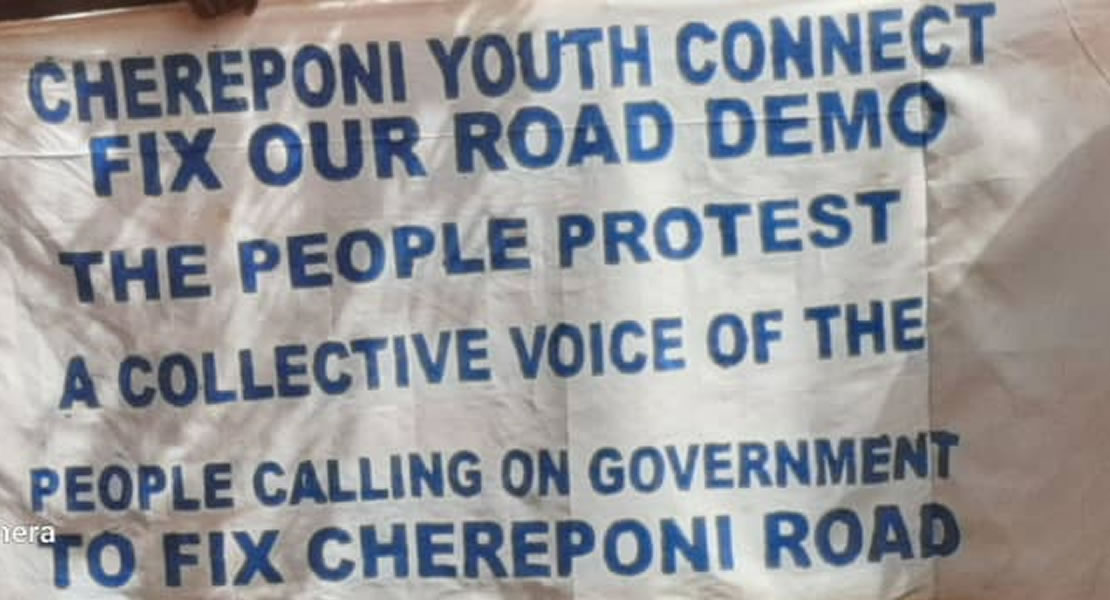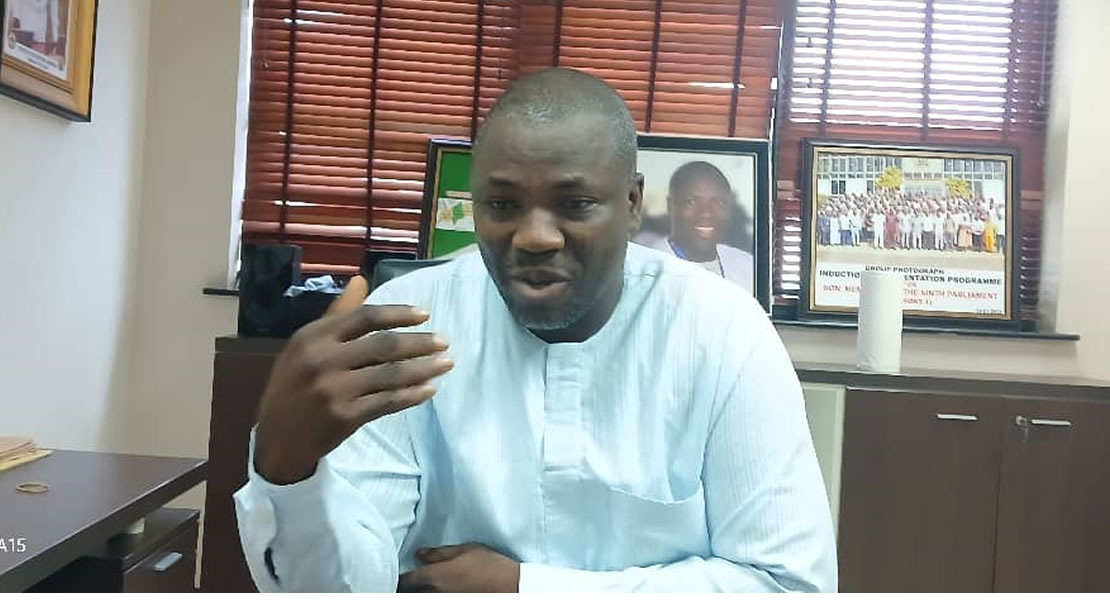Minority Chief Whip Frank Annoh Dompreh has taken a swipe at the Finance Minister Dr. Atto Forson for breaching the law for delaying statutory payments until June 2025.
He further criticized the John Dramani Mahama administration for taking undue advantage of the goodwill Ghanaians have shown the government.
According to him he has been in the chamber together with his colleagues in the Minority when forty-two motions were taken, and they have been very instrumental patriotic citizens of the county in approving this year’s budget.
The government stands in breach of Act 936 of the Local governance Act; the whole of the year nothing has been paid in terms of common fund in the budget. Page 72, there you find an explicit provision that was made in item 388, he stated.
“Mr. Speaker, we have allocated an amount of 7.51billion to the District Assemblies Common fund, it’s surprising that almost six months out of the allocation of 7.7billion not a penny has gone to the Assemblies”
He said the finance minister has solely decided to pay the common fund next month; but questioned if the government collected the taxes due it. “Yes, they have been collected. Aside that there is a health fund and it is to address our health needs – NHIA fund some 9.92billion cedis was allocated.
“My checks tell me no amount has been paid; GETfund there is a 4.1 billion allocation, nothing has been paid; second quarter that has to come to Parliament has not been paid, before this press conference I checked and nothing has been paid”
He said the issue has to be addressed because the Assemblies are been denied the oxygen they need to survive and no reason can be assigned as defense; “these funds are statutory, they are backed by law”.
Kwaku Sakyi-Danso/Ghanamps.com
